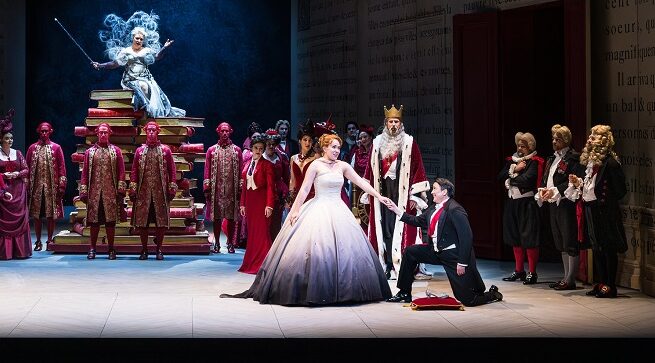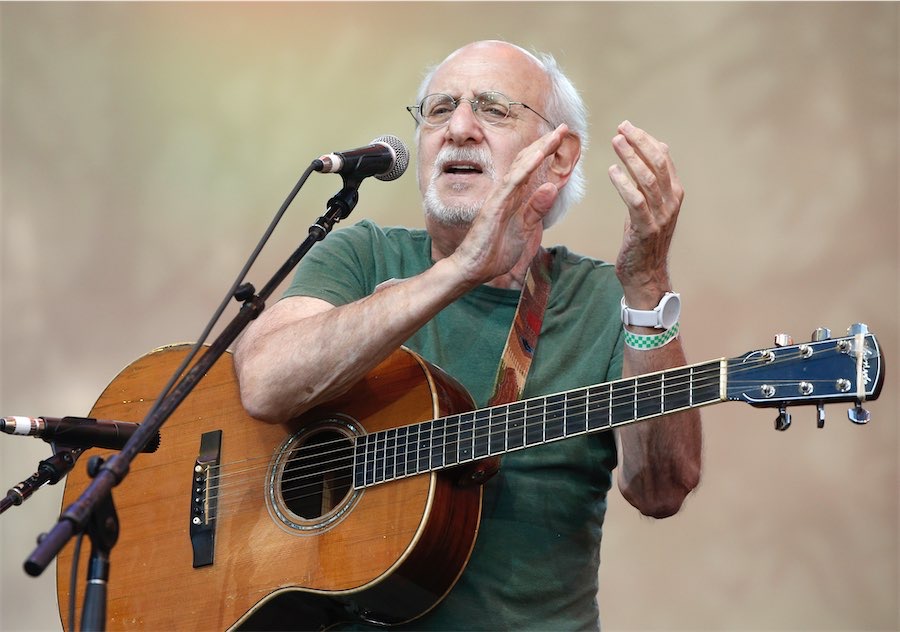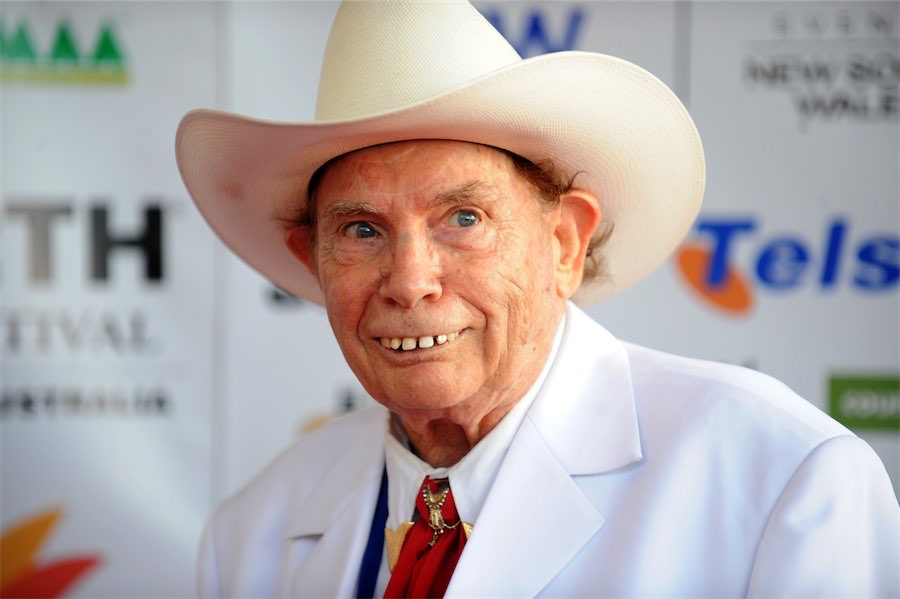
By Liz Hobday in Melbourne
AUSTRALIAN radio stations are playing music by local artists for a fraction of what it’s worth, a parliamentary hearing has been told.
Laws made in 1969 (a year that gave rise to some classic hits) still determine the fees paid to artists today, music executives told the hearing on Friday.
“At the moment we are severely disadvantaged. It makes no sense,” Phonographic Performance Company of Australia (PPCA) chief executive Annabelle Herd said.
Commercial radio stations don’t have to pay any more than one per cent of their revenue for all of the music they broadcast, according to Ms Herd.
This adds up to about $4 million a year across 260 stations.
For its part, the ABC only has to pay $0.005 per head of population for all of the Australian sound recordings played on its radio network.
This costs the national broadcaster about $130,000 a year, according to PPCA figures.
The music body collects these fees and distributes them to artists and record labels, but the rules mean thousands of musicians and labels have been underpaid, Ms Herd said.
The so-called “radio caps” meant artists were effectively subsidising the highly profitable commercial radio sector, she said, and the fees were well below the rates for other countries including the UK and NZ.
The Australian Recording Industry Association, of which Ms Herd is also the chief executive, collects copyright royalties for artists separately.
The hearing is examining aspects of the federal government’s national cultural policy launched in February, which will establish an overarching industry body called Music Australia.
Musicians are primarily making money from touring, and their songs are being drowned out on global streaming platforms – on Spotify for example, 100,000 songs are uploaded every day, according to the PPCA.
Musician Josh Pyke, who chairs the PPCA, said Australia needed an overall ecosystem to support up-and-coming musicians.
“We have such amazing talent here. It seems that we’ve succeeded despite government involvement and we could thrive with that holistic approach,” he said.
If an overall plan for the industry could be developed, Australia had the potential to become a global exporter of music similar to the UK, the US and Sweden, the hearing was told.
“We have never had a coherent export trade strategy for Australian music and we have a great product here,” Ms Herd said.
Music Australia aims to grow the market for Australian music, deliver songwriting education in schools, and teach musicians business skills.
The PPCA took the radio caps to the high court in 2011 but the court ruled on a narrow constitutional issue and did not decide on whether the limitations were fair or just.
Who can be trusted?
In a world of spin and confusion, there’s never been a more important time to support independent journalism in Canberra.
If you trust our work online and want to enforce the power of independent voices, I invite you to make a small contribution.
Every dollar of support is invested back into our journalism to help keep citynews.com.au strong and free.
Thank you,
Ian Meikle, editor





Leave a Reply